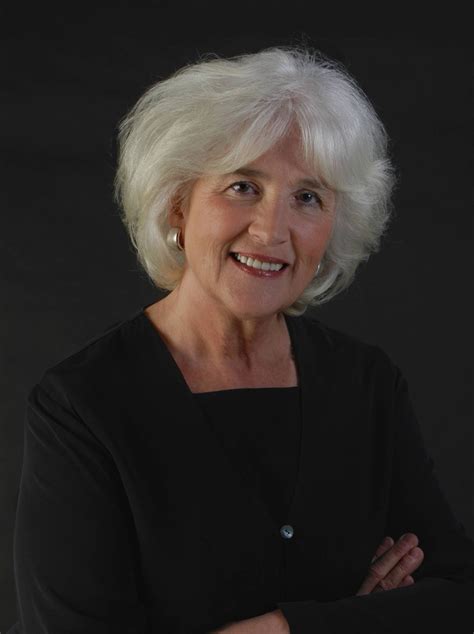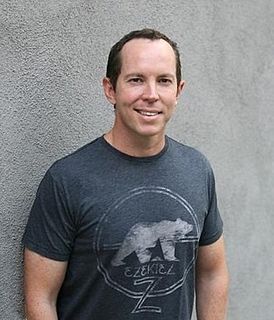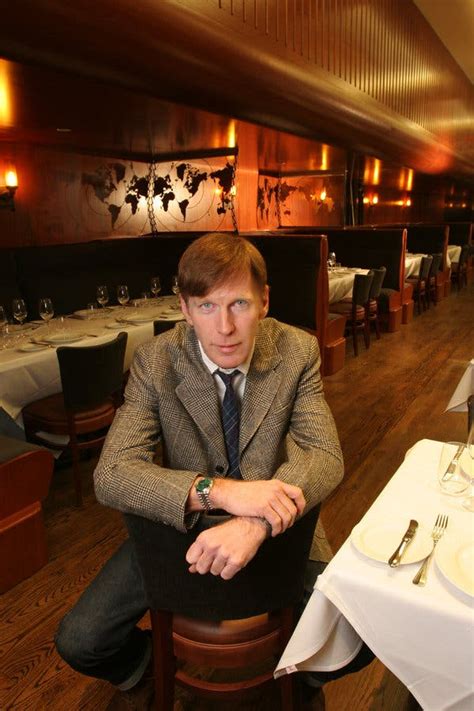A Quote by Peter Diamandis
It used to be that, in astronomy, a small team of people could look at photos of a few thousand galaxies and classify and catalog them relatively easily. But now, with a new generation of robotic telescopes scanning the skies constantly and producing millions of images, that's become next to impossible.
Related Quotes
A "showrunner" as a position is a relatively new thing. It used to be the executive producer. That's not true anymore. Now it's evolved into this model where people look to showrunners and say, that guy is that show. It's just become a lot more interesting to know the showrunner and to get a sense of that person.
There's a generation of people that do fetishize books and do fetishize catalogues and do look at them as something important. The same thing with magazine culture: because magazines don't make the amount of money that they used to, it's become important again to another generation of people to actually read them. And it's very, very pinpointed to the select people that actually fetishize and go in and look at them.
I own a few thousand snapshots, which is small by the standards of most collectors I know. I generally only buy photos I think I may actually be able to use in a book one day. I need that focus when buying, because without it I'd just buy everything and my house would be overrun with bucket loads of snapshots; there are just too many beautiful images in the world, and I'd need to own them all.
There will be, in the next generation or so, a pharmacological method of making people love their servitude, and producing dictatorship without tears, so to speak, producing a kind of painless concentration camp for entire societies, so that people will in fact have their liberties taken away from them, but will rather enjoy it.
I want a room that I can definitely pack out. I don't want to sweat that part, "Am I gonna have enough people?" So I usually pick like a hundred, a relatively small room. Also, I'm looser in a small room. I don't want to record an album in front of a thousand people, not that I could draw a thousand, but I just want a room that I can really work back to front. That's just a very comfortable place for me to be loose.
Spend two minutes a day scanning the world for three new things you're grateful for. And do that for 21 days, The reason why that's powerful is you're training your brain to scan the world in a new pattern, you're scanning for positives, instead of scanning for threats. It's the fastest way of teaching optimism.
Twenty to thirty years ago, who was making documentary films? Nobody. Well, relatively few people. It was an art form that had limited theatrical distribution, if any at all. Some television distribution, but relatively small audiences regardless. And in the intervening years it's become more and more popular with a lot of people.



































